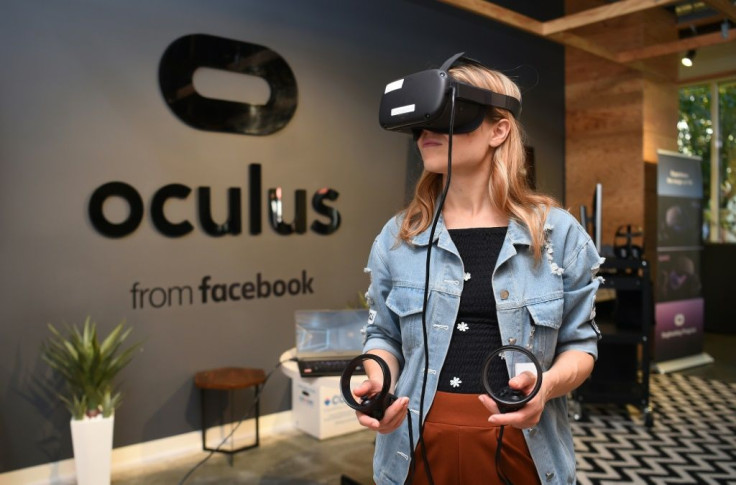Virtual Reality May Help People Manage Eating Disorders

Several games now support virtual reality (VR) technology, which gives players an immersive experience as they play.
Now, a group of researchers have used VR as a potential tool in the treatment of eating disorders. They believe VR may reduce the fear and anxiety individuals have in therapy, allowing them to open up to their therapists.
Exposure therapy
In a study published in the Human-Computer Interaction Journal, researchers used “virtual reality exposure therapy.” Exposure therapy is a common behavioral therapy technique used to manage anxiety and fear by exposing the person to the object of the anxiety or fear. The idea is that VR may make it easier to go through the therapy.
Study participants as well as researchers were fitted with VR head-mounted displays. They were introduced to each other inside the virtual world. The participants created and customized their avatars according to their own appearance. They could change their avatars' physical qualities, such as body shape and size, hair color and skin tone. Therapists appeared as themselves in virtual form.
All were “teleported” to a virtual environment. The virtual environment had two worlds, which created a mirror exposure. The mirror exposure served as a confrontation between the therapy participants and their body images.
The therapists told participants to check every part of their avatars’ bodies and make adjustments. They were asked to describe their thoughts, feelings and concerns as they went along.
The participants edited their own avatars as they progressed in their sessions, growing more open, up to the point where the only thing the avatars wore was their underwear.
After the sessions, participants reported no fear of negative judgment from the therapists, possibly because they felt their personal space was respected. The unique experience in virtual worlds might motivate people to engage with healthcare professionals.
VR in Mental Health
Another study, published in The Lancet Psychiatry, showed the potential of VR in treating fear of heights. Those treated using VR technology had lower levels of fear, compared to other participants. The positive effect of the treatment even lasted in the follow-up, leading the authors to support the potential benefits of VR in treating mental health.
Patients with mental health issues may have various symptoms, making it difficult to pinpoint a diagnosis. Yet, a study in the Psychological Medicine journal showed how VR may be helpful.
The authors reviewed 285 studies that included theory development, treatment, anxiety, eating disorders, schizophrenia and substance-related disorders. The consensus was that VR-based treatments could indeed reduce anxiety disorders. The researchers found that VR technology as mental health therapy might help "transform the assessment, understanding and treatment of mental health problems." The catch was that VR should optimally work in combination with a targeted treatment. That combined approach might show areas for potential upgrades in the VR systems designed for mental health conditions.
VR allows the therapist to create a situation for the patient, which in real life would cause anxiety, fear, and so on, that is totally controlled. This way, the therapist can coach the patient through the situation. These situations, or simulations, can be scaled by difficulty, so the patient can learn the correct responses.
VR is a growing industry. Several VR systems exist today, and people can easily buy VR headsets online. Some of these systems may eventually be adopted by mental health practitioners, giving patients greater access to VR-based treatments.
Ralph Chen is an enthusiast of medical topics and advanced technologies. When not writing, he spends time playing popular PC games.
Published by Medicaldaily.com



























